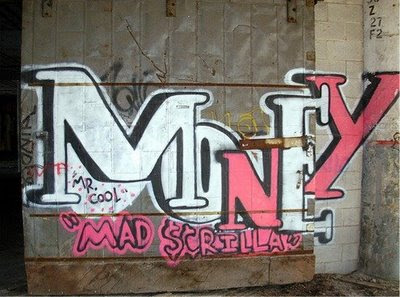 Washington Post | At this weekend's Summit of the Americas in Trinidad, President Obama can expect to be importuned by Latin American leaders to go further than he already has to remove U.S. sanctions on Cuba. Leading the chorus -- or trying to -- will be Venezuela's Hugo Chávez, who has been propping up the hemisphere's oldest dictatorship with petrodollars. But Mr. Chávez probably will be joined by some of the moderate leftists the Obama administration is trying to court, such as Brazilian President Luiz Inácio Lula da Silva.
Washington Post | At this weekend's Summit of the Americas in Trinidad, President Obama can expect to be importuned by Latin American leaders to go further than he already has to remove U.S. sanctions on Cuba. Leading the chorus -- or trying to -- will be Venezuela's Hugo Chávez, who has been propping up the hemisphere's oldest dictatorship with petrodollars. But Mr. Chávez probably will be joined by some of the moderate leftists the Obama administration is trying to court, such as Brazilian President Luiz Inácio Lula da Silva.One odd aspect of this is that nothing much has changed in Cuba, despite the transfer of power from 82-year-old Fidel Castro to his 77-year-old brother Raúl. Political prisoners have not been released, nor have controls on the press been eased; desperate Cubans are still denied even the right to flee their country. Meanwhile, quite a lot has been happening recently in Venezuela, where democracy has been under relentless and escalating assault. The Latin presidents seemingly would prefer that Mr. Obama ignore this news while rewarding the oppressive stasis in Havana.
What has Venezuela's would-be "Bolivarian revolutionary" been up to while the U.S. media have been focusing on Cuba? Well, in the past month, his prosecutors and rubber-stamp legislature have brought corruption or treason charges against four of the opposition governors and mayors elected in November. Manuel Rosales, the mayor of Maracaibo, has gone into hiding to avoid arrest; former defense minister Raúl Baduel, who denounced Mr. Chávez as a dictator in the making, is already in jail. Opposition newspaper editor Teodoro Petkoff is under investigation for crimes allegedly committed in 1974.
To void an opposition victory in the Caracas mayor's race, Mr. Chávez had the National Assembly create a new presidentially appointed post to take over the mayor's powers. The mayoral offices have been occupied by pro-government thugs; troops seized ports in opposition-governed states. Government-controlled councils are being set up to undermine independent trade unions, while another new law is aimed at blocking foreign funding for human rights groups.
After a one-sided campaign, Mr. Chávez claimed victory in a February referendum that will allow him to remain president indefinitely. He describes the new crackdown as the "third phase" of his revolution. Little wonder that Venezuela's Catholic bishops said in an Easter message that Venezuela's democracy is now in "serious danger of collapse." Yet governments and media outside the country have largely ignored the new campaign. Human Rights Watch this week joined in the appeals for the liberalization of sanctions on Cuba but has taken no notice of the developments in Venezuela.
The Obama administration rightly is attempting to focus its Latin America diplomacy on big countries and constructive players such as Mr. Lula and Mexico's Felipe Calderón. No doubt Mr. Obama will listen to whatever Latin leaders have to tell him this weekend. But he ought to make clear that for the United States, at least, foreign policy will continue to be linked to democracy -- both for those countries that have denied it to their people for decades and those that now may seek to abolish it.